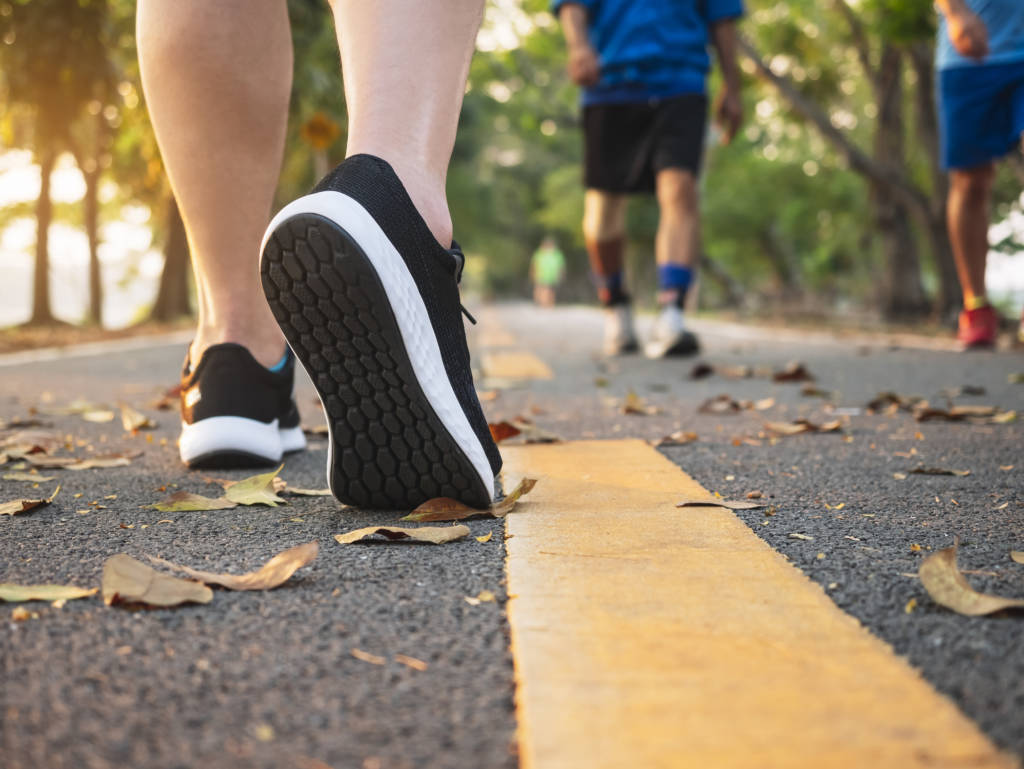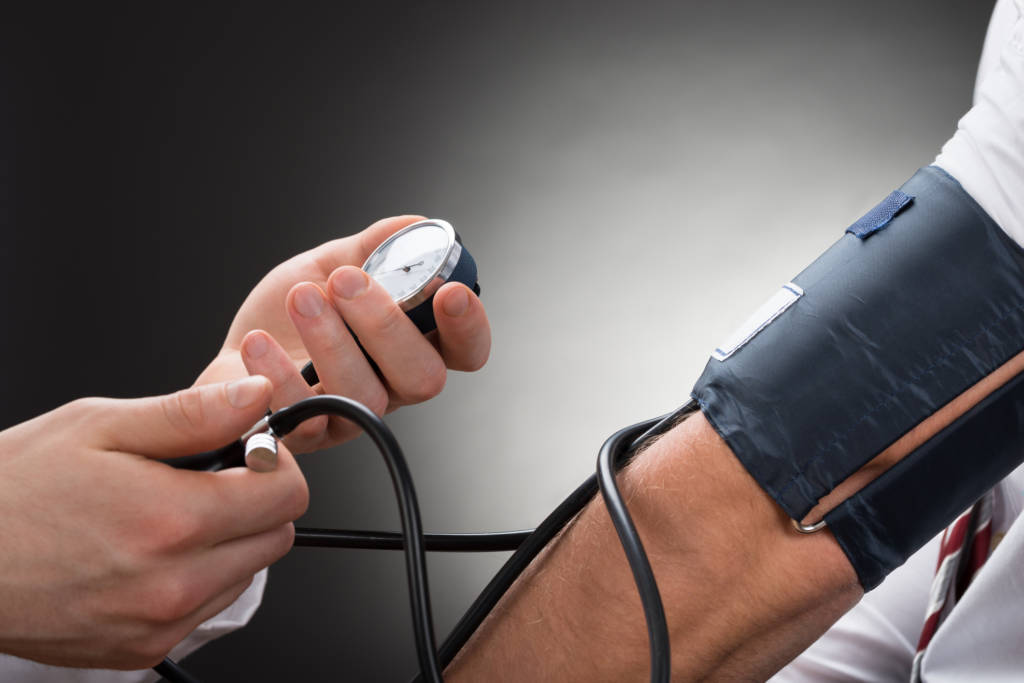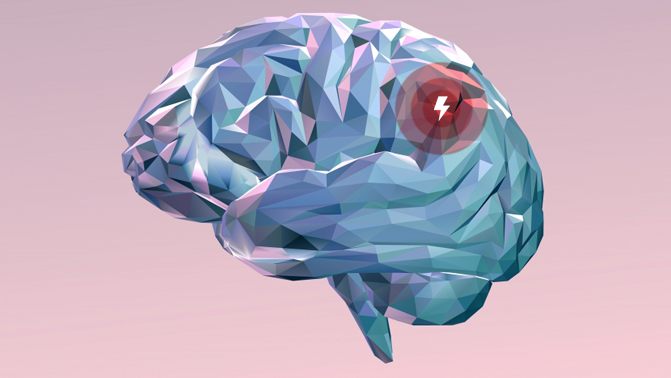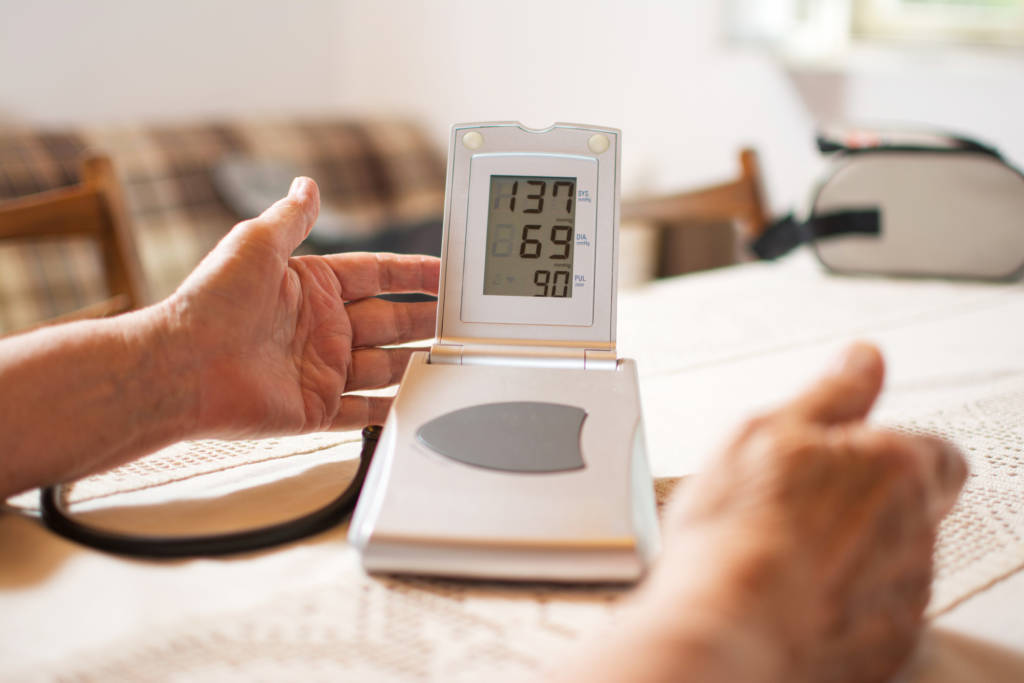the genuine concern about causing side effects, such as a fall from dizziness leading to a hip fracture,” he noted.
Anderson said the most common side effects of blood pressure-lowering drugs are mild, such as dizziness, ankle swelling and fatigue. These can often be avoided by modifying the drug dosage, he said. More serious, though less common, side effects include falls, fainting and impaired kidney function. Anderson said these side effects can usually be avoided with careful monitoring of a patient.
But as this study illustrates, there are also benefits with blood pressure-lowering drugs. Anderson said while doctors don’t know exactly how lower blood pressure reduces the risk of stroke, “presumably, it reduces stress on the walls of blood vessels, which lessens the chance of thickening and blockage and rupturing of them.”
Both Kitagawa and Anderson said lifestyle changes — maintaining a healthy weight, eating healthy foods, exercising regularly, reducing stress and reducing salt intake — also play an important role in reducing the risk of a second stroke.
The current study included nearly 1,300 stroke survivors. The study volunteers were






